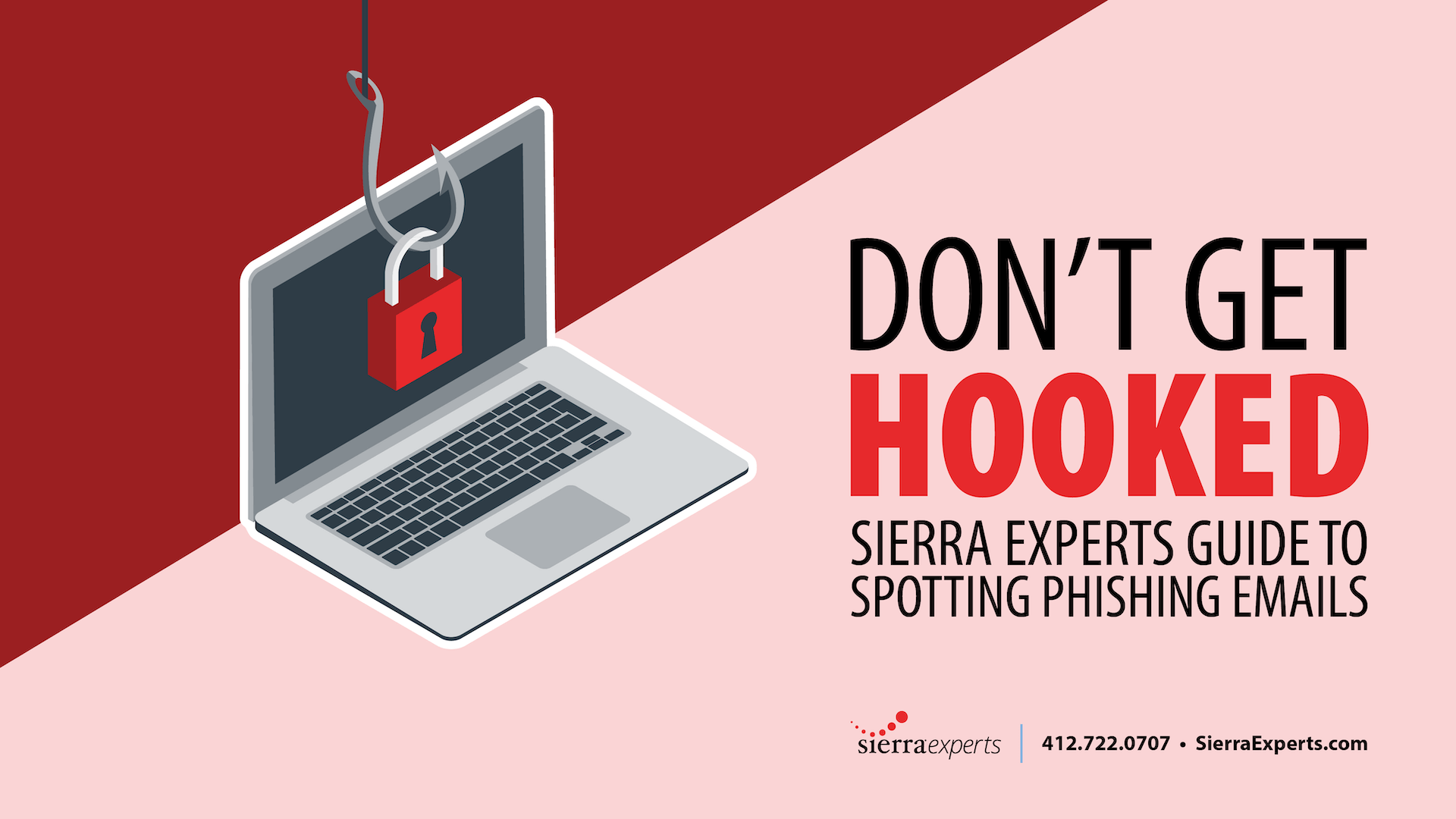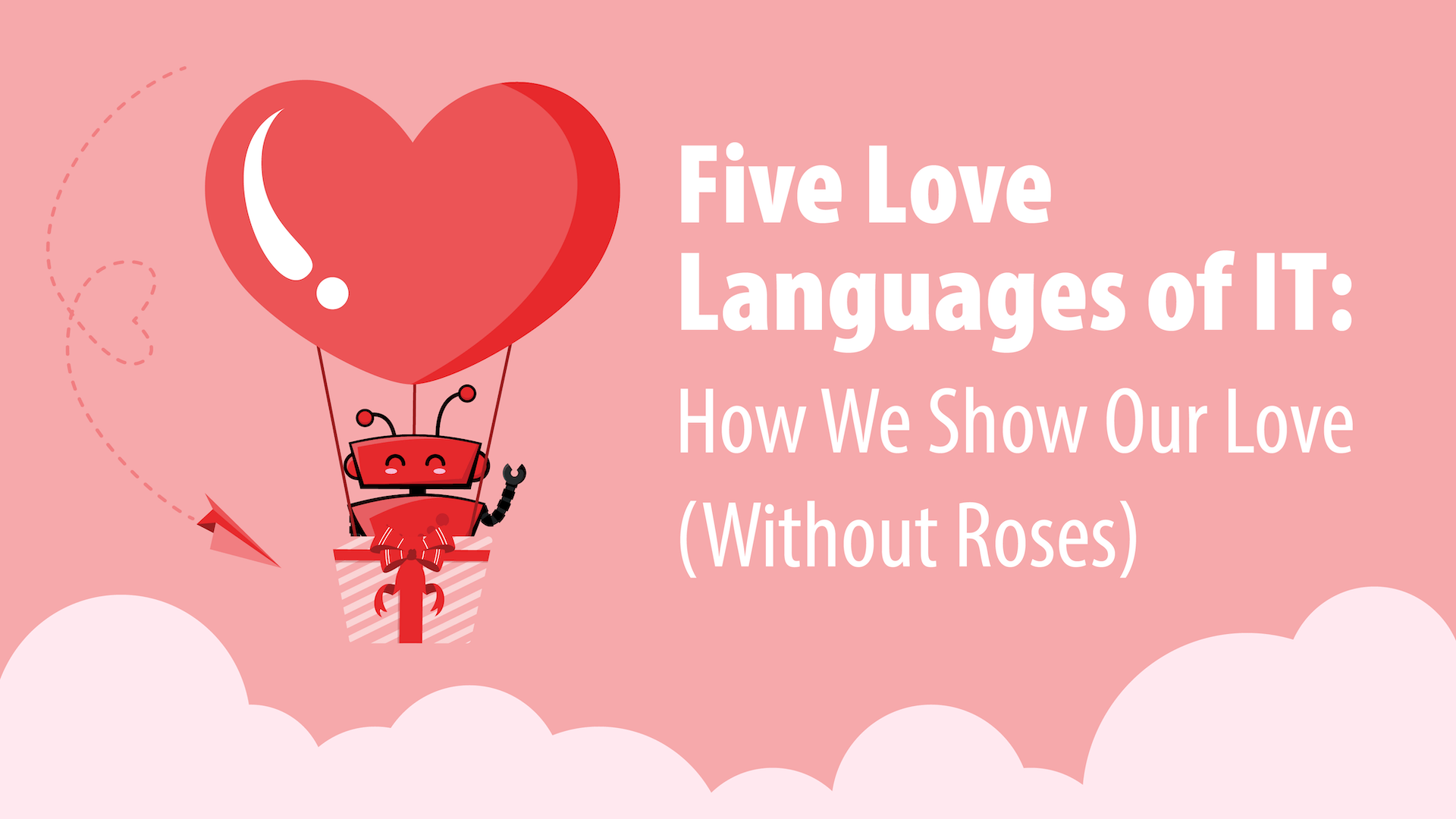Whether you’re in a relationship or 100% single, you’re at risk of being targeted by a scammer this upcoming holiday. In fact, according to ScamWatch.gov, nearly $25 million was lost from “dating and romance” themed scams in 2018, and you’d be correct in guessing that a large portion of the scams occurred in the month of February.
With Valentine’s Day just around the corner, keep your eyes peeled for any suspicious internet content related to love, dating, and romance. To help you out, we’ve compiled a short list of a few different types of internet scams that you should look out for as we approach February 14th.
1. EMAIL / PHISHING SCAMS
Email and phishing scams have become more and more prevalent in recent years, and although you should be wary of these types of attacks always, Valentine’s Day is popular time for scammers to hit up your inbox. One popular email scam targets single individuals by posing as a potential love interest. These scams are meant to be convincing and have very “human-like” conversation. The ultimate goal is to gain your trust, so they can take advantage of you and your bank account.
On the other hand, being in a relationship doesn’t make you safe from phishing attacks. One popular scam targets people who ordered flowers for their significant other. The fake email will claim that the flowers cannot be delivered unless the buyer’s credit card information is re-entered. This is one of the many reasons why you should always double check senders, sources, and websites when you receive emails, especially referring to an order you placed.
2. DATING SITE SCAMS
In a time where technology is at the forefront of everything we do, dating sites and applications are a popular way to find a significant other. However, you have to be careful when opening up to strangers on the internet. Some scammers use a tactic called “identity mining” on dating sites, and you’ll see this even more often around Valentine’s Day. This means that the scammer will do whatever it takes to extort personal information from you that they can turn into a payout.
Another tactic is blackmailing. A scammer posed as an online love interest may convince you to send personal photos or private information that they can later use as blackmail for additional information. How romantic.
3. FAKE RETAIL / GIFT SITES
When it’s time to start looking for the perfect present for your significant other, what’s the first thing you do? You probably go straight to browsing on Google and other search engines. We’re all guilty of it, but sometimes doing this can have its repercussions. Some scammers go as far as creating fake online eCommerce websites that closely mimic legitimate retailers with the hopes that you’ll enter your credit card information. Some will sell you fake or counterfeit items, whereas some will simply steal your info and leave you high and dry.
This Valentine’s Day season try to opt out of mindlessly clicking links from Google searches and go directly to the source by typing legitimate web addresses into your address bar. Better safe than sorry.
4. ECARD MALWARE ATTACKS
Soon you’ll be getting all sorts of messages and popups looking like Valentine’s Day eCards with red and pink hearts, cupid, and love spewed all over the screen. While some may be legitimate, a lot of them will be scams. One popular method of these fake, love-themed messages is to get you to click on bogus links that in turn will infect your PC with Malware.
Your best bet in steering clear of this scam is to tell your friends, family, and loved ones to celebrate with you the old-fashion way – real, paper cards!
Unlike most of us, scammers and hackers don’t take time off during popular holidays. In fact, holidays are when they are working their hardest taking advantage of vulnerabilities that come along with gift giving, shopping, and generally celebrating any and all holidays. So, even though we encourage you to constantly be cautious of your cybersecurity, don’t let your guard down around the holidays!
Here at Sierra Experts, we often help businesses of all sizes proactively monitor their network, so they don’t have to worry about these kinds of tricks and scams. If you’re interested in learning more, just send us a message and we’ll fill you in.
Otherwise…

—
Sierra Experts is an IT Managed Service and Support provider, specializing in IT Monitoring and Management, Cloud/Virtual Systems, Hosting, VoIP/SIP PBX Trunks and Solutions, Physical Server Hosting, Website Design and Development, Software Development, and Hardware and Software reselling. For more, check out sierr001-2.sierradevops.com




